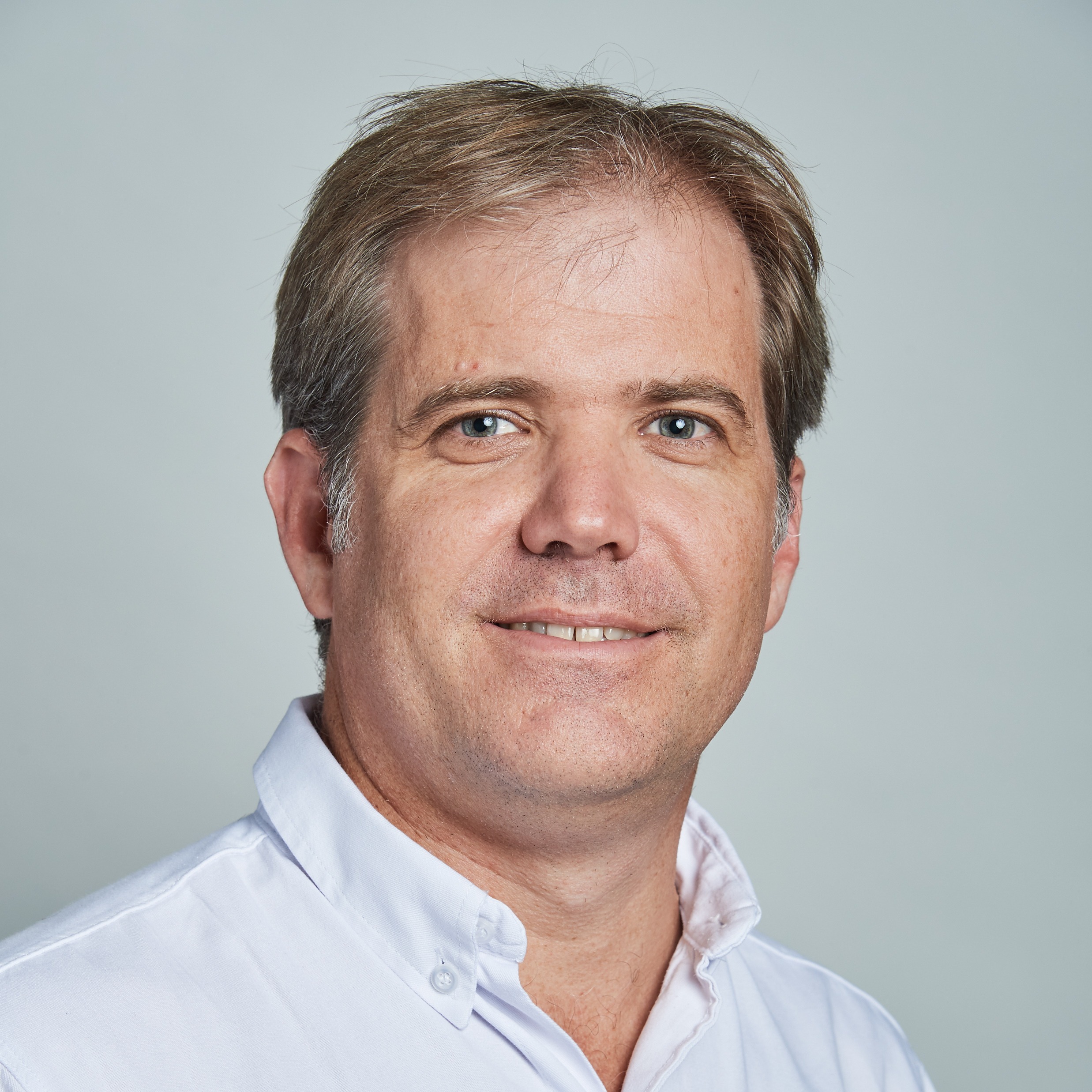Sessions With José Fonrouge
Monday, 18 March
-
12:30pm - 01:10pm (CST) / 18/mar/2024 05:30 pm - 18/mar/2024 06:10 pm
Lifecycle Sustainability and Circularity in EVs
Transportation & Mobility/Electrification (EVs/built environment)From the mining of materials to the components that make up electric vehicles (EVs), and finally to the customer who reuses the vehicle, a greater emphasis is now placed on sustainability and circularity. What are some of the many examples which can showcase this?
- Speakers:
- Anoop Desai
- José Fonrouge
- Juan Felipe Bedoya
Wednesday, 20 March
-
02:00pm - 02:30pm (CST) / 20/mar/2024 07:00 pm - 20/mar/2024 07:30 pm
Ternium | Steel for the Future of Mobility
Ternium is a leading flat and long steel producer with a strong presence in the Americas. The company is now investing US$ 2.2 billion in a new steel shop that will have 2.1 million tons of DRI capacity, with 2.6 million tons of slabs mainly for automotive customers. By replacing slabs produced through the BF-BOF route with slabs from DRI-EAF route, the mill will achieve a lower CO2 emission intensity while meeting automotive-grade steel requirements.
- Speakers:
- José Fonrouge
Thursday, 21 March
-
01:30pm - 02:00pm (CST) / 21/mar/2024 06:30 pm - 21/mar/2024 07:00 pm
Innovations in Sustainable Steel
Digitalization/AI/Machine Learning/Robotics/CybersecuritySteel is often perceived as among the most difficult of the so-called “hard-to-abate” sectors. And yet, steel plants can greatly improve their carbon footprints by using techniques that include digitalization; hydrogen- and direct-reduced iron processes to eliminate the use of coal, reduction of heat loss in the casting and rolling process or recycled waste gases and heat. What sustainability philosophies and techniques are gaining the most traction in this industry? How are innovators driving the necessary changes? What is the outlook for widespread adoption of these new techniques?
- Speakers:
- Deb Ryan
- Irina Gorbounova
- José Fonrouge
- Samantha Gross

